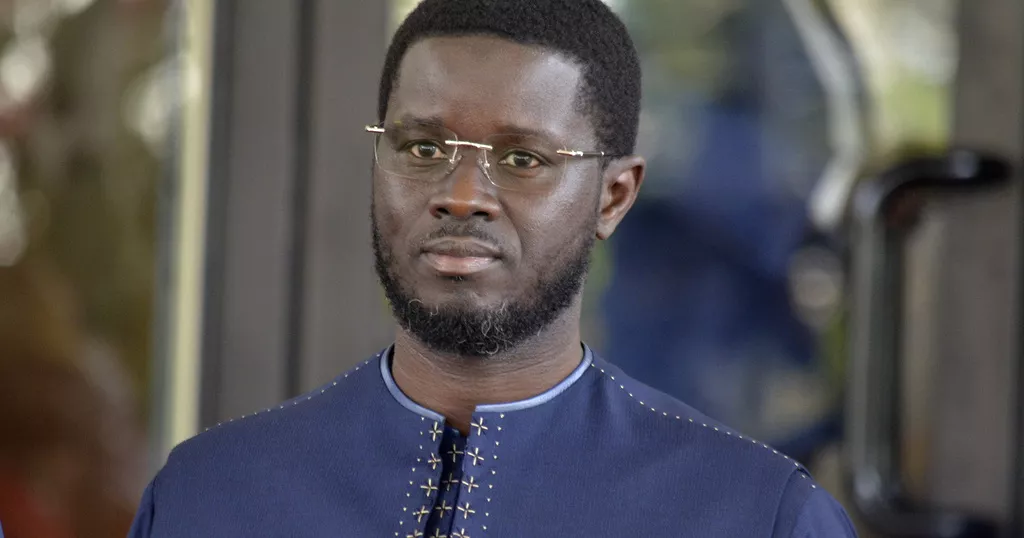
Senegalese President Bassirou Diomaye Faye has broken his silence following a series of alarming incidents involving police brutality, vowing urgent investigations and far-reaching reforms to restore public trust in the nation’s law enforcement institutions.
The recent tragedies in Cambérène and Rosso have sparked widespread outrage and cast a harsh spotlight on the conduct of Senegal’s police forces.
In Cambérène, shocking footage emerged showing a protester being used as a human shield.
In Rosso, the fatal outcome of a police intervention has ignited grief and fury among residents.
Both cases have intensified scrutiny over longstanding issues of abuse and impunity within security services.
Returning from an international conference in Seville, President Faye addressed the nation with somber resolve.
“The death of a citizen during an arrest can never be considered a simple incident,” he declared, calling the incidents “unacceptable.”
He instructed the Minister of the Interior and the Director General of the National Police to launch immediate and thorough investigations into both cases, with a mandate to uncover the full truth and ensure accountability.
“The time has come, not for rhetoric, but for responsibility,” he added, hinting that if institutional failings are found, the police hierarchy could also face consequences.
The president’s response signals a turning point in Senegal’s handling of internal security.
While violence during civil unrest is not new, the recent images—described as “unbearable” by the president—have crystallized growing public frustration over police tactics and lack of accountability.
Calls for reform have long echoed through Senegalese civil society, but the president’s speech marked the clearest endorsement yet of systemic change.
“Police reform” now appears to be a central tenet of his administration’s agenda, aiming to rebuild a fractured relationship between the population and law enforcement.
Human rights advocates have welcomed the president’s stance, urging the government to implement independent oversight bodies, revamp training on lawful policing, and ensure transparent procedures for the use of force.
Many believe that only with these steps can Senegal restore the credibility of its security forces.
At stake is more than justice for victims—it is the very fabric of public confidence in state institutions.
As President Faye noted, trust “is slowly rebuilt, based on truth, justice, and exemplary behavior.”
For a country that has long prided itself on political stability, this moment demands not just reflection, but transformation.



